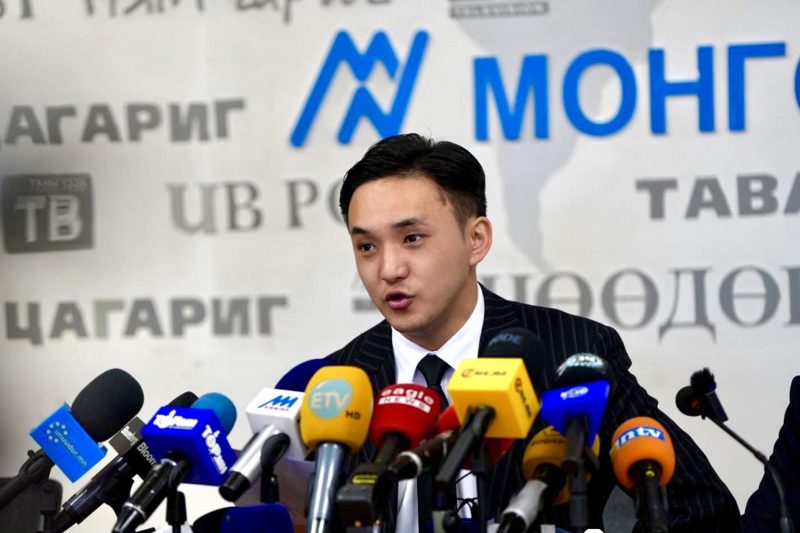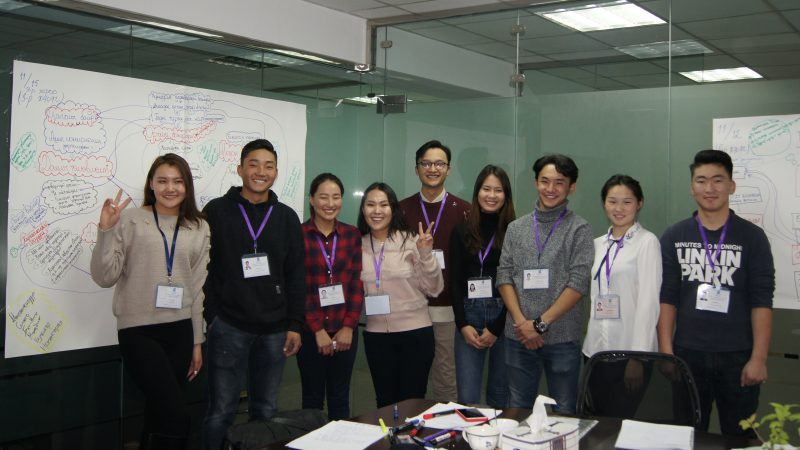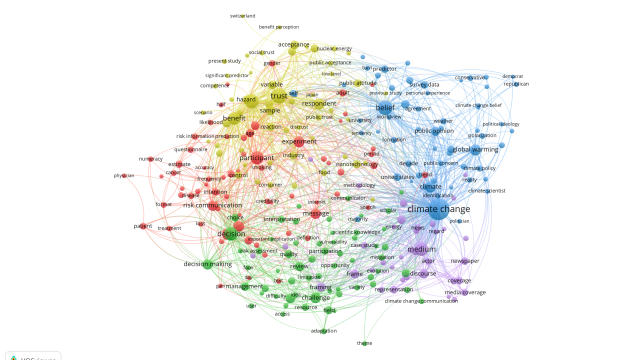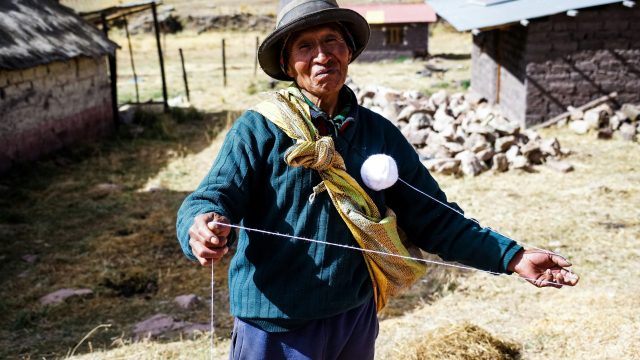Start small and stay committed: a journey into meaningful research
An insightful look into the life of a researcher at the Economic Policy and Competitiveness Research Center (EPCRC) in Mongolia

In the fall of 2018, Mungunjiguur Battsolmon was student at the National University of Mongolia, studying sociology and social work. At the same time, GEC country hub partner EPCRC were in the midst of carrying out a project with the GEC on participatory solutions aimed at strengthening community cooperation around air pollution.
Their commitment to engaging diverse sections of society led them to collaborate with Mungunjiguur’s university - and ultimately paved the way for him to secure a job with the EPCRC. He is now a Research Specialist, carrying out evidence-based work that contributes to Mongolia’s progress and green development. Read about his journey, lessons learned along the way and hopes for the future.
- How were you first introduced to EPCRC and had you heard of the organisation prior to this?
I first became acquainted with the EPCRC in 2018, when I was a senior undergraduate student. At that time, the head of the Department of Sociology and Social Work invited me for a meeting. During our conversation, she informed me that EPCRC was implementing a research project and was seeking sociology students as contracted field researchers. She encouraged me to form a team of eight outstanding senior students, ensuring gender balance. Following her suggestion, I assembled a team. During our initial meeting with the EPCRC, I learned that the center is a member of the GEC and the Mongolia Hub. I was deeply impressed by its focus on green development and sustainable economic research.
The project we worked on was called “Participatory Solutions”. Its aim was to identify the key challenges and potential solutions faced by residents of informal settlements (ger districts). We employed qualitative interview methods to collect baseline data, which proved to be highly effective. As student researchers, participating in this project was an invaluable experience.
- What subject were you studying at university?
I graduated from the National University of Mongolia in 2019 with a degree in Sociology. From a young age, I was passionate about understanding the root causes of problems and finding thoughtful solutions. This passion led me to choose and deeply commit to sociology as both my academic and professional path. Later, in 2023, I earned a Master’s degree in Public Administration.
“ I believe in the saying 'measure seven times, cut once'. Not every change yields positive results, but if grounded in research, planning, and collaboration, it can become true improvement.”
- What types of issues were you interested in when you were a student?
As a student, I often reflected on the fundamental challenges facing Mongolian society. I was particularly interested in identifying the one issue that, if addressed, could have a cascading positive effect on many others.
During my third year, I came to the conclusion that the most pressing structural issue was the widespread reliance on personal connections—commonly referred to as “backdoor access”—to gain unfair advantages. This phenomenon is even captured in a Mongolian proverb: “A person with connections is as vast as the steppe; without them, as small as the palm of a hand.”
Although often dismissed as mere mutual assistance, this system of favoritism fundamentally undermines social equity and contributes to legal and institutional dysfunction.
- What encouraged you to apply for a job with the EPCRC?
As a sociology student, I aspired to conduct research that would meaningfully contribute to Mongolia’s development. During my time as a contracted researcher on the “Participatory Solutions” project, I came to admire EPCRC’s commitment to political and financial independence. It was a non-profit, non-partisan organization dedicated to rigorous research for the public good.
Although I had not yet graduated at the time, I decided that I wanted to work there. What drew me most was the center’s ability to conduct research that could genuinely support Mongolia’s competitiveness and development in an objective and impactful way.

- What is your favourite thing about working with the EPCRC?
What I value most is the opportunity to conduct research freely and independently—without pressure or interference from powerful individuals or institutions. The environment at EPCRC allows us to produce honest, evidence-based work with professionalism and integrity.
- What are your hopes for the future? What have you learnt that was most surprising or inspiring?
In the near future, I aim to continue conducting independent research that contributes to Mongolia’s progress by informing public understanding and decision-making. In the long term, I aspire to work at the policy-making level, where I can have an even greater impact on the country’s development. Every meaningful project I’ve participated in — especially those that shape public discourse and policy — has been a source of inspiration and motivation.
- What advice would you give to someone looking to create change?
Not all change leads to improvement. To ensure your efforts result in positive outcomes rather than setbacks, I offer the following advice:
Be clear about what you want to change. Without clarity, change can become chaotic and unproductive. Do thorough research and analysis. Understand the causes, impacts, and potential risks of your proposed change to make informed decisions.
Listen to others and collaborate. Change should not be a solitary pursuit—it requires trust, support, and collective participation. Start small and stay committed. Even minor changes can spark significant transformations over time.
I believe in the saying, “Measure seven times, cut once.” Not every change yields positive results, but if grounded in research, planning, and collaboration, it can become true improvement.


